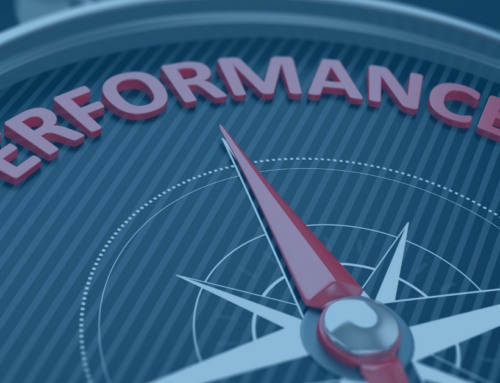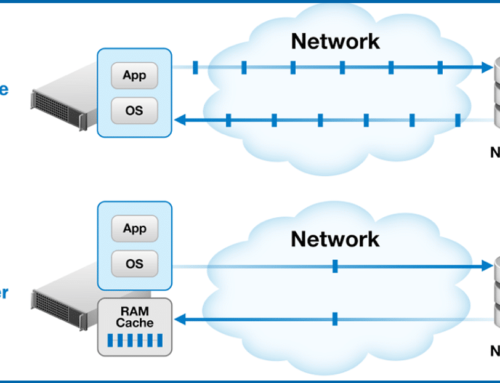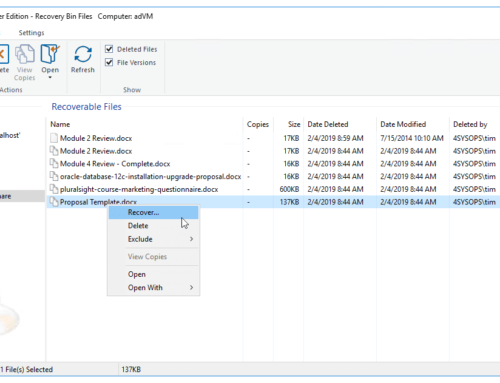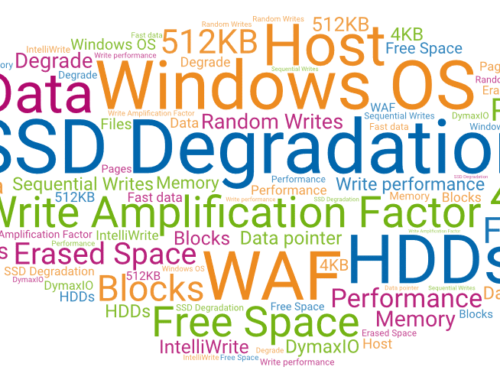CHRISTUS Health cancelled a $2 Million order.
Just before they pulled the trigger on a $2 Million storage purchase to improve the performance of their electronic health records application (MEDITECH®), they evaluated V-locity® I/O reduction software.
We actually heard the story first hand from the hardware vendor’s reseller in the deal at a UBM Xchange conference. He thought he had closed the $2 Million deal only to find out that CHRISTUS was doing some testing with V-locity. After getting the news that the storage order would not be placed, he met us at Xchange to find out more about V-locity since “this V-locity stuff is for real.”
After an initial conversation with anyone about V-locity, the first response is generally the same – skepticism. Can software alone really accelerate the applications in my virtual environment? Since we are conditioned to think only new hardware upgrades can solve performance bottlenecks, organizations end up with spiraling data center costs without any other option except to throw more hardware at the problem.
CHRISTUS Health, like many others, approached us with the same skepticism. But after virtualizing 70+ servers for their EHR application, they noticed a severe performance hit from the “I/O blender” effect. They needed a solution to solve the problem, not just more hardware to medicate the problem on the backend.
Since V-locity comes with an embedded performance benchmark that provides the I/O profile of any VM workload, it makes it easy to see a before/after comparison in real-world environments.
After evaluation, not only did CHRISTUS realize they were able to double their medical records performance, but after trying V-locity on their batch billing job, they dropped a painful 20 hour job down to 12 hours.
In addition to performance gains, V-locity also provides a special benefit to MEDITECH users by eliminating excessive file fragmentation that can cause the File Attribute List (FAL) to reach its size limit and degrade performance further or even threaten availability.
Tom Swearingen, the manager of Infrastructure Services at CHRISTUS Health said it best. “We are constantly scrutinizing our budget, so anything that helps us avoid buying more storage hardware for performance or host-related infrastructure is a huge benefit.”
Read the full case study – CHRISTUS Health Doubles Electronic Health Record Performance with V-locity I/O Reduction Software



